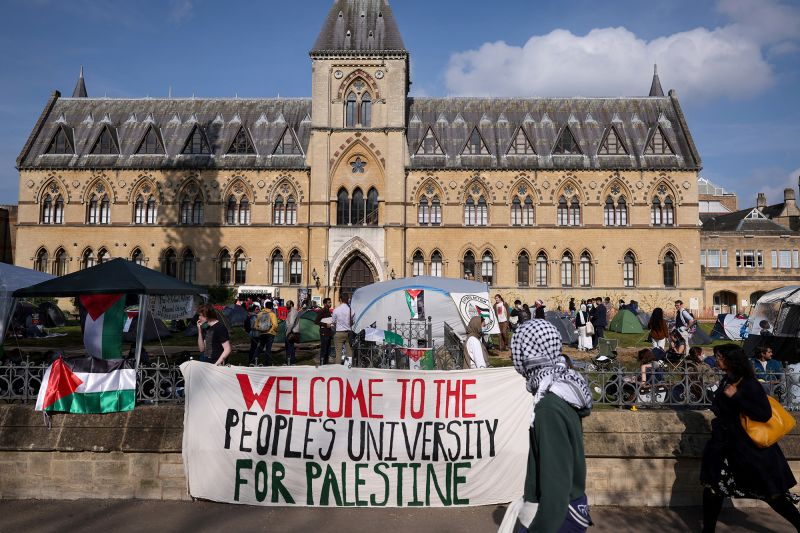The recent Israel-Hamas conflict created shockwaves that reverberated around the globe. The various dialogues it propagated have also significantly impacted Jewish students across college campuses worldwide. Amid the polarizing discussions concerning the conflict, one rising concern is the increasing fear they are confronting: a climate of antisemitism influenced by the war.
In the epicenter of radical thought and constantly evolving ideologies, college campuses house thousands of Jewish students who, historically, have not been strangers to the trials of antisemitism. The escalating crisis in the Middle East has exacerbated the situation. The conflict engendered an uptick in rhetoric and actions that explicitly, or implicitly, marginalize, vilify, or harm Jewish and Israeli students, fueling a climate of fear and hostility.
There has been a widespread surge in reported antisemitic incidents across universities even since the onset of the Israel-Hamas conflict. For instance, Zoom bombing sessions, where individuals invade online meetings to share hate-filled content targeting Jewish students have increased. Similarly, some professors and student organizations have used the classroom or platforms to espouse extreme viewpoints or antisemitic slurs. At times, this discourse strays from the realm of legitimate criticism of Israeli government policies into undermining or negating Jewish students’ identity and collective historical suffering.
This newfound normative behavior discredits Jewish campus life and creates a hostile environment for Jewish students, compelling them to carry the weight of a foreign conflict they might have no direct role in. Their rapport with colleagues, professors, and university administrators has, in many instances, deteriorated. They find their identity, faith, and ethnic ties being dissected, scrutinized, and often, unfortunately, conflated with the ongoing geopolitical crisis.
Furthermore, these incidents are not just microaggressions but blatant discrimination manifesting in various forms such as academic penalty and social ostracization. Jewish students report feeling anxious, alienated, and fearful, sometimes leading to self-censorship to avoid becoming targets.
The rise in explicit antisemitism has prompted Jewish college students to retreat from essential dialogue on the Israel-Palestine conflict. On one hand, they are held responsible for the actions of the Israeli government; on the other hand, they are isolated from critique and discussion about Israeli government actions, making them feel oppressed on both sides. This milieu challenges their sense of safety, belongingness, and capacity to engage benignly in political discourse.
Universities worldwide are grappling with this problem. Academic administrators must wrestle with how to maintain an environment that both upholds freedom of speech and shields students from overt discrimination and hostility. Schools must prioritize antisemitism education and diversify the perspectives showcased on campus without inflaming the tension between students.
However, the responsibility is collective. All university community members must partake in reducing the harmful effects of this climate. Allies of Jewish students can stand up against antisemitic speech and actions and support them in times of distress. Jewish students, understandably overwhelmed, can seek assistance from mental health professionals and support organizations designed to assist victims of hate crimes.
Undoubtedly, the Israel-Hamas conflict has aggravated a surge of antisemitism on college campuses, breeding an atmosphere of fear and distress among Jewish students. Addressing campus antisemitism in the current milieu wouldn’t just promote well-being among Jewish students but also sustain the integrity of our institutions of higher education. Encouraging a healthier campus climate is essential, where every student feels safe, valued, and welcomed, irrespective of their religious, ethnic, or political affiliations.




